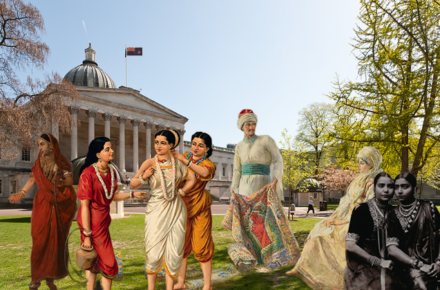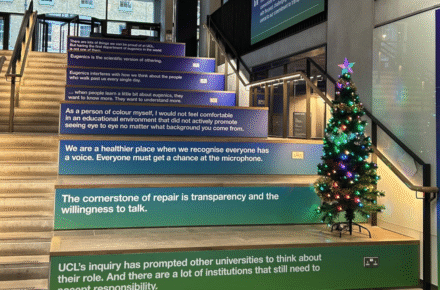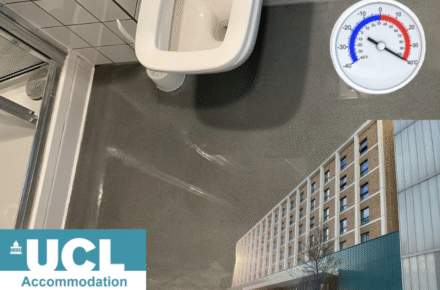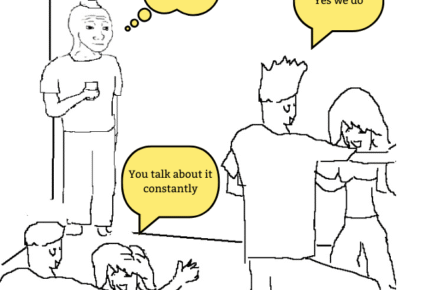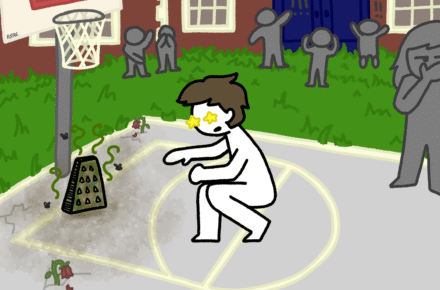Anna Maria Papaoikonomou, Zine Editor
I can’t ever go back to my first two months of university. Not because I had a particularly difficult time, but simply because I genuinely cannot remember large chunks of my first few weeks as I was constantly blackout drunk. No matter one’s background and upbringing, it seems as though British drinking culture lures everyone in- a couple pints after a lecture, drinks on the weekend, pre-drinks before a night out, clubbing, it goes on.
At times, you may not feel like you’re truly part of an exciting club or society, unless of course you get uncontrollably intoxicated at Phineas every week. The only caveat is, the severe hangxiety you’ll experience the next day might lead you to skip most of the society’s actual meetings and before you know it, it’s the end of the year and that membership will not be getting a renewal, oops!
It’s not all black and white. I’ve met a lot of my friends through hanging out and drinking
after Cheese Grater meetings. Did I miss out on friendships with people that did not
participate in drinking events? Definitely. Would I have formed equally strong bonds with more people if hangouts weren’t alcohol centred? Also, yes!
Despite drinks at the pub after a society meeting or bar socials being a great way to meet and connect with people, it understandably leaves individuals who choose not to drink feel left out and isolated. Surely you shouldn’t have to down 2 pints in under a minute to prove your prowess in a sport? However, it’s challenging to tell enthusiastic university students to minimise social drinking when most events like Sports Night revolve solely around these expectations.
Having said this, it is important to acknowledge societies that are doing their best to be inclusive and accessible to drinkers and non-drinkers alike. One of the societies that successfully rejects social drinking norms is Pole Fitness. Surprisingly, their members are incredibly close despite the lack of drinking pressure. In an interview with the Cheese Grater, Diane, a Pole Fitness committee member, emphasised how she has never felt pushed to drink in any of the society’s social events. With non-alcohol centric events such as Sunday brunches and pizza movie nights being held consistently, everyone can socialise without feeling compelled to enter an environment they feel uncomfortable in. Diane also mentioned how she observed severe pressure on members to consume obscure amounts of alcohol and commented, “I’m not sure if it’s the society’s fault or the toxic masculinity itself.”
Speaking of toxic masculinity, the Cheese Grater interviewed a team member at UCL Rugby, infamous for their heavy in-your-face drinking habits. The player interestingly believes that the drinking culture that surrounds the society is, in fact, positive. They believe that even though drinking at socials has repeatedly made them physically sick, ‘drinking together impacts [their] cohesion on the pitch’ by strengthening their social bonds and understanding of each other. When asked if they believe the intensity of drinking games and the like disallows non-drinkers from feeling included, they vaguely suggested that there are several alternatives and no one is ever pressured to drink. Whether this is true, or code for ‘we all get smashed on the daily’, we will never know…
Some societies are beginning to take steps in the right direction, but it is not nearly enough. Especially with constantly rising costs, drinking is becoming increasingly inaccessible even in student bars. No one should be made to feel like they need to shell out more money that they can afford just to feel like part of the group. Societies should hold themselves accountable and ensure no one feels left out due to socioeconomic, religious and personal reasons. After all, what is more wonderful than not waking up hungover on a Thursday morning? Probably many other things, but that’s great too.
This article appeared in CG Issue 83.


